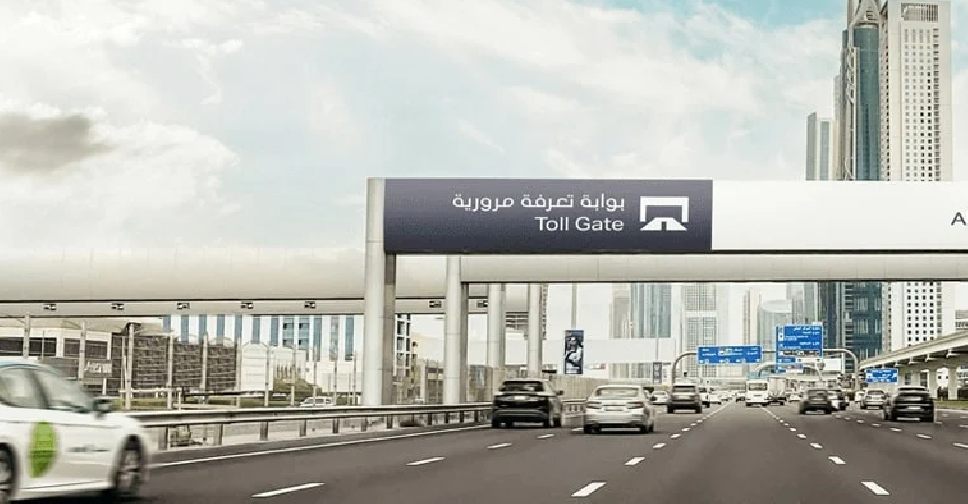Dubai's Salik Announces Implementation of Variable Toll Pricing: A New Era of Traffic Management
Friday, January 17, 2025
By ARN News Staff
In a significant move aimed at optimizing traffic flow in Dubai, Salik, the emirate’s principal toll-gate operator, has revealed that it will implement a new variable pricing policy starting January 31, 2025. This initiative marks a critical development in the emirate’s ongoing efforts to manage congestion and improve overall transportation efficiency.
The new pricing mechanism applies to all Salik gates and introduces a tiered toll structure that varies depending on the time of day. On weekdays, drivers will incur a toll of AED 6 during designated peak hours, specifically from 6:00 a.m. to 10:00 a.m. and again from 4:00 p.m. to 8:00 p.m. During off-peak hours, which are defined as the intervals between 10:00 a.m. and 4:00 p.m., as well as from 8:00 p.m. to 1:00 a.m., the toll will be reduced to AED 4. Moreover, the early morning hours between 1:00 a.m. and 6:00 a.m. will remain toll-free, allowing for unhindered passage during times of lower vehicular volume.
Sundays will also feature a simplified toll schedule, with a flat rate of AED 4 applied throughout the day, barring public holidays, special occasions, or major events that might alter standard traffic patterns. This adjustment reflects a keen understanding of the weekly flow of commuters and the ebb and flow of traffic associated with both weekdays and weekends.
However, the variable toll pricing introduces notable changes during the holy month of Ramadan. In observance of the unique cultural practices during this period, peak hours will shift substantially. From 9:00 a.m. to 5:00 p.m., drivers can expect the AED 6 toll to apply. Off-peak hours, during which the reduced AED 4 toll is applicable, will run from 7:00 a.m. to 9:00 a.m. and 5:00 p.m. to 2:00 a.m. The window for toll-free passage will also adjust to 2:00 a.m. to 7:00 a.m., accommodating the altered rhythms of life that characterize Ramadan.
This strategic approach to toll pricing is indicative of a broader strategy being adopted by urban centers around the world to manage increasingly congested transportation networks. The rationale behind the variable pricing policy is grounded in the principles of demand management—by incentivizing users to travel during less congested periods, authorities aim to alleviate traffic bottlenecks and enhance the commuting experience for all road users.
The introduction of variable toll pricing also resonates with Dubai’s overarching ambition to establish itself as a global leader in smart city initiatives. Leveraging technology and data analytics to make informed decisions about traffic management is at the heart of Dubai’s comprehensive development plans. Through steps such as this, authorities hope to enhance not only the efficiency of the city’s transport infrastructure but also the environmental footprint associated with vehicle emissions.
As vehicle ownership in Dubai continues to grow, managing urban congestion has become an urgent priority. The city has seen a remarkable increase in its population over the past few years, which has inevitably translated into more vehicles on the road. The variable toll pricing policy is expected to play a pivotal role in curbing traffic congestion, ultimately benefiting the residents and visitors who rely on an effectively functioning transport system.
The announcement by Salik has generated a spectrum of responses, as some drivers have expressed support for a system that allows for cost savings during off-peak hours, while others remain skeptical about the potential financial impacts of increased toll costs during peak times. As the implementation date approaches, discussions surrounding the wider implications of the new policy are likely to intensify, making it a central theme in community forums and among transportation stakeholders.
In conclusion, Salik’s introduction of a variable toll pricing policy represents a significant advancement in Dubai’s ongoing journey toward improved urban mobility. As the emirate embraces modernization and innovation, this initiative will play a crucial role in shaping the traffic landscape in one of the world’s most vibrant cities.
—
Tags: #RealEstateNews, #EconomyNews, #UAE, #Dubai

